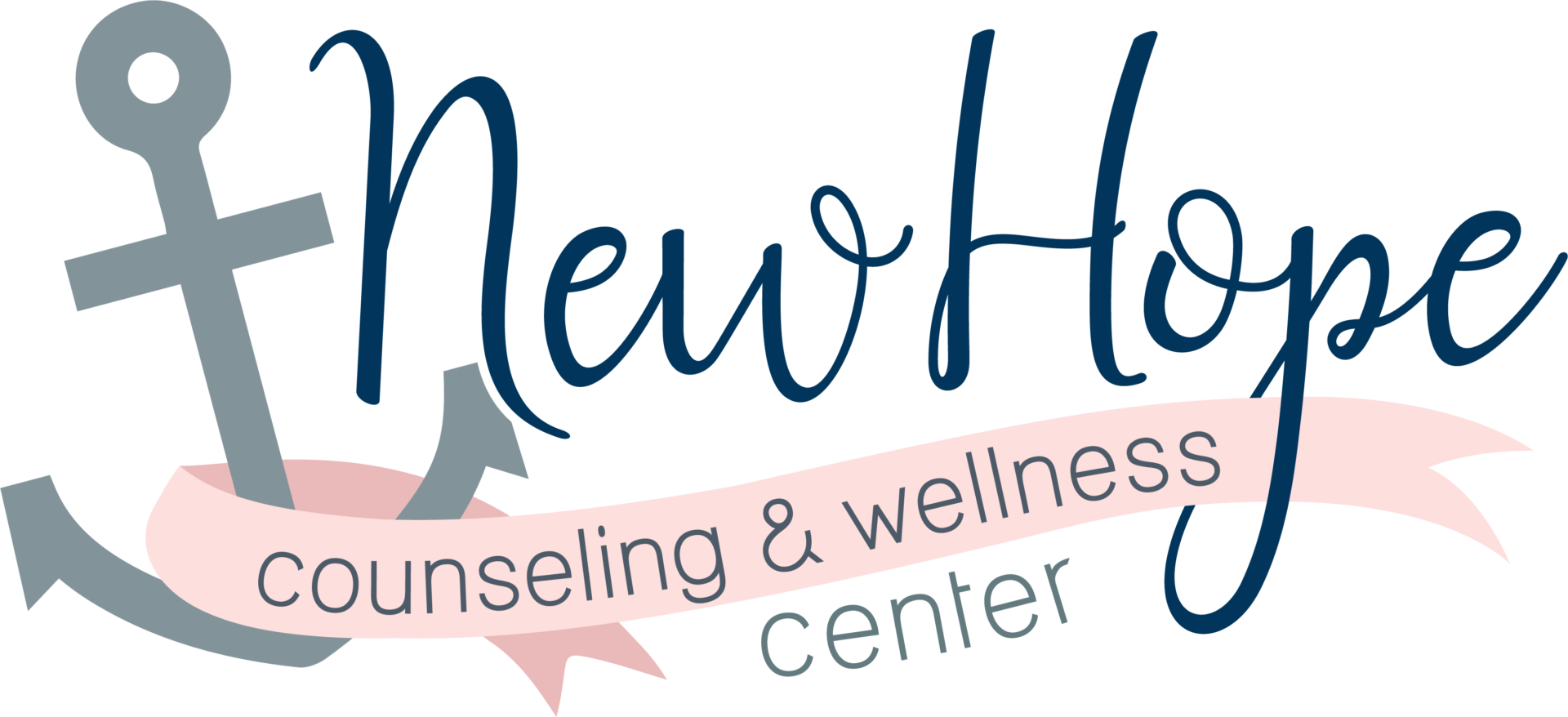
Intuitive Eating Counseling in Columbia, SC

Intuitive Eating Nutrition Counseling from a Nutritional Therapist and Registered Dietitian in Richland County
Does this seem far-fetched? Trust us, it does not have to be! It may sound as if meal planning and intuitive eating conflict with each other. We have worked with countless patients in the journey toward intuitive eating. When meal planning allows flexibility, pleasure, and satisfaction, it actually aids in the process of becoming an intuitive eater.
Are you unsure which option is best for you? Contact us to find out more about the options we provide. Do you feel like you may never be able to get off a meal plan? Let us help you!
Sign up to Get a Copy of Our Daily Printable Guide for Intuitive Eating


Reject the Diet Mentality

Honor Your Hunger

Make Peace with Food
Call a truce; stop the food fight! Give yourself unconditional permission to eat. If you tell yourself that you can’t or shouldn’t have a particular food, it can lead to intense feelings of deprivation that build into uncontrollable cravings and, often, bingeing. When you finally “give in” to your forbidden foods, eating will be experienced with such intensity it usually results in Last Supper overeating and overwhelming guilt.

Group Therapy
Challenge the Food Police

Group Therapy
Discover the Satisfaction Factor

Respect Your Fullness
Cope with Your Emotions with Kindness
Respect Your Body
Movement—Feel the Difference
Forget militant exercise. Just get active and feel the difference. Shift your focus to how it feels to move your body, rather than the calorie-burning effect of exercise. If you focus on how you feel from working out, such as energized, it can make the difference between rolling out of bed for a brisk morning walk or hitting the snooze alarm.
Honor Your Health—Gentle Nutrition
At New Hope Counseling & Wellness Center we serve Richland County and Lexington County with Eating Disorder and Nutritionist Counseling Services including...
Eating Disorder Treatment
Eating Disorder Counseling
Binge Eating Disorder Treatment
Anorexia Nervosa Treatment
Bulimia Nervosa Treatment
Family Based Therapy
Online & Virtual Eating Disorder Therapy
Other Specified Feeding and Eating Disorder (OSFED)

New Hope Counseling & Wellness Center in Columbia, SC and Atlanta, GA
Offering Counseling and Therapy for Nutrition, Eating Disorders, Trauma, and PTSD to the Richland County and Lexington County Areas.
The guiding principle of New Hope Counseling and Wellness Center, LLC is to empower and provide individuals and families with the skills they need to be nourished, healed, and restored in order to pursue a life filled with joy and hope. We offer faith-based services for those wishing to include their spirituality as a component in their sessions. While we offer faith-based counseling as one method to achieve this mission, we strive to provide a safe, compassionate, and professional environment for everyone. We do not discriminate, shame or judge and strive to provide quality care to all regardless of religion, gender, sexual orientation, race, ethnicity, national origin, age, weight, physical or mental ability, and marital status.
